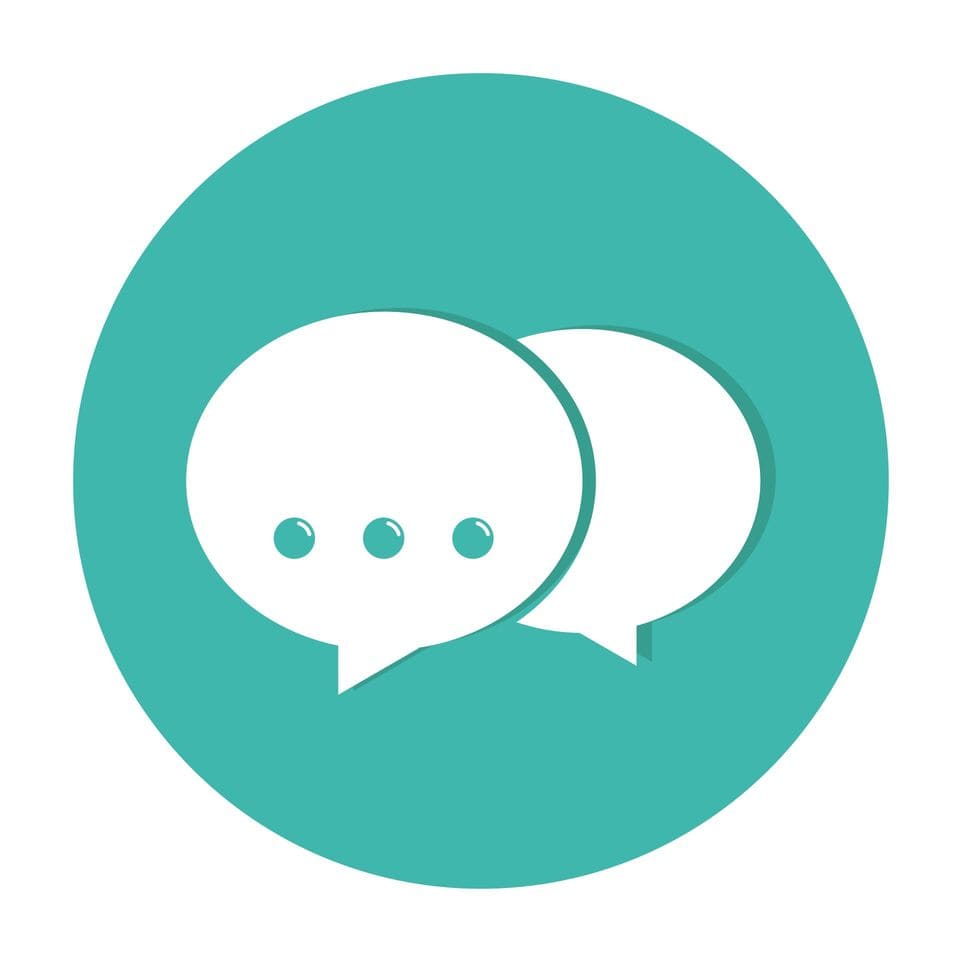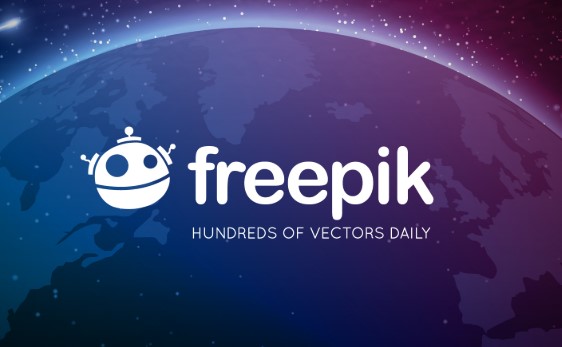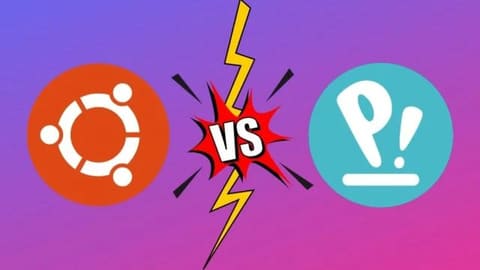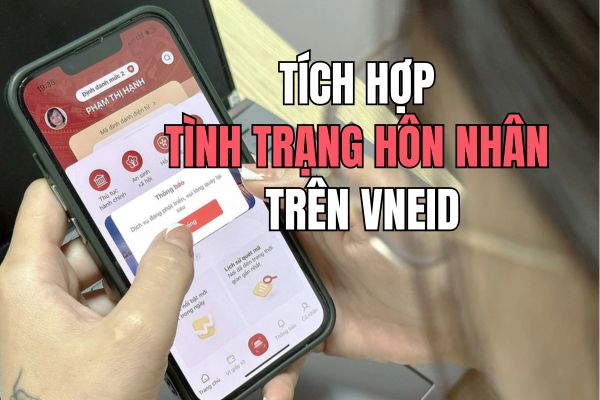Not long after a recent press conference, we saw a virtual reality meeting featuring Mark Zuckerberg to talk about the metaverse and Workrooms.
| Join the channel Telegram of the AnonyViet 👉 Link 👈 |
The meeting featured a long, U-shaped conference table with several other reporters, their upper bodies bobbing up and down in the chairs. A giant screen nearby shows other employees of Facebook join to follow people through computer screens. There, Zuckerberg made his first appearance via webcam before putting on his headset and teleporting into a floating chair of his own.
The meeting was meant to preview a new app, which Facebook is describing as an “open beta,” for Oculus Quest called Horizon Workrooms. This is Facebook’s first push into creating VR experiences for everyone to work with.
Workrooms: Facebook’s VR virtual reality meeting app
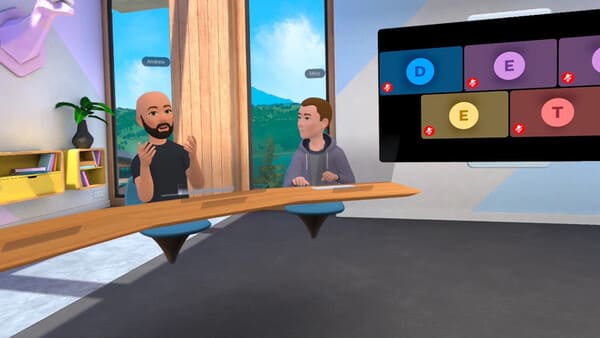
While the Facebook update ramps up VR efforts, Workrooms contains Facebook’s broader ambitions to own the next desktop platform and build the so-called metaverse. Zuckerberg has gone so far as to want Facebook to be primarily seen as a metaverse company — a sci-fi concept that says we’ll all one day spend a lot of time in an entry-level, digital space. the role of several virtual characters.
What impressed me most about Workrooms was how it brought users of the outside world into VR. Up to 16 people in VR can stay in Workrooms, while an additional 34 people can join a video call without wearing a headset. The application will allow you to project the live data of your computer screen onto your virtual space. Thanks to Quest’s camera and hand tracking, a virtual representation of your physical keyboard sits below your screen to access a simple web app Facebook has built for taking notes and managing them. background.
“I think it could be the most powerful VR app that has ever existed, given the extent to which we’re trying to bring every bell and whistle from the headset into the experience you’re using,” said AR executive. Facebook’s leading /VR, Andrew Bosworth, told during the meeting.
Currently, the process of entering Workrooms is quite troublesome. Oddly, you have to create a separate Workrooms account via the web, download Workrooms in Oculus, and then pair the headset with your Workrooms account by entering the code shown in the headset on your computer’s web browser.
Some of the features in Workrooms, like personal artboards and giant whiteboards that anyone can use, feel more gimmicky than helpful. There have been many times where the audio has been cut off and the Quest’s hand tracker has not been perfect. At one point, Zuckerberg had to leave the room and return to the room because the character’s mouth didn’t move when he spoke. The desktop application is not yet compatible with Apple’s M1 processor.
A more important factor is the Quest’s spatial sound. When someone talks in a corner of a room, it seems like their voice is coming from that direction. According to Zuckerberg, Facebook has been using Workrooms for meetings for about six months.
Zuckerberg is right that VR feels more immersive than a phone or computer screen. But Workrooms will have to come up with ways that are convincing enough to replace the current ways that people work together and hang out at scale. But with the speed at which Facebook’s Oculus hardware and software are advancing, I hope experiences like Workrooms will be much more accessible and engaging than they are now. Other entrants into the field, such as Apple, are likely to spur consumer interest in these types of products.
Workrooms are part of a larger project Facebook is building for Oculus called Horizon. Originally introduced a few years ago, Horizon aims to be the full Facebook universe – a metaverse. Workrooms will be part of it, and Facebook already has demo games in the past and world-building tools similar to Minecraft or Roblox.
While it originally said Horizon would launch in 2020, it’s still in invite-only beta for now. Facebook says the company has focused on building more tools for creators, so they can build things in Horizon for others.
That shows Facebook wants Horizon to be a platform for other developers to build on. Until Horizon’s launch, Workrooms was the best look at what Facebook meant when it said it was building the metaverse.

